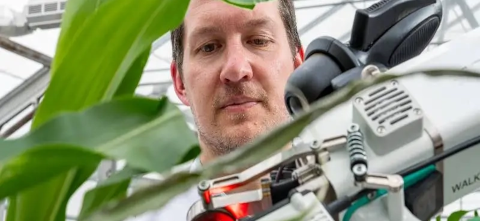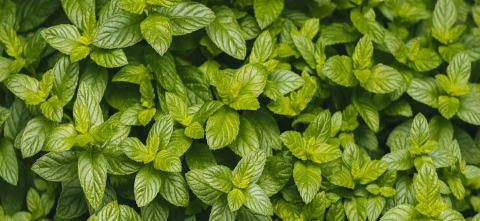
‘Wiggling’ Atoms May Lead to Smaller, More Efficient Electronics
Researchers at Michigan State University have figured out how to use a fast laser to wiggle atoms in a way that temporarily changes the behavior of their host material. Their novel approach could lead to smaller, faster and more efficient electronics — like smartphones — in the future.

New Research Could Advance Treatment of Brain Disease, Injury
MSU researchers collaborated with scientists from Rutgers University–New Brunswick to identify a previously unknown role for cypin in the communication between specialized brain cells called neurons.

Researchers Address Gap in Substance Use Disorder Treatment
A team of researchers from Michigan State University and community partners has conducted critical research to address gaps in treatment of substance use disorder in Michigan’s St. Clair County and the city of Port Huron.

CSE Researchers Add $1.16 Million in New Research
The College of Engineering is among Michigan State University’s top producers of research discoveries and commercialization that help build a diversified economy and generate jobs for Michigan and the Midwest. Three new National Science Foundation, or NSF, grants will add $1.16 million in research funding to the Department of Computer Science and Engineering.

Seeding the Field
Today, Arabidopsis thaliana is used in plant labs at Michigan State University and around the world. It's led to major discoveries in their labs and the MSU-DOE Plant Research Laboratory. And it all began with a husband-and-wife team who would help pioneer Arabidopsis research at Michigan State University.

Lake Michigan Study Shows Increase in Structures to Combat Rising Water Levels
New research from Michigan State University Assistant Professor Ethan Theuerkauf, decided to document the increase of shoreline armoring in response to rising lake levels and its associated effects on coastal erosion.

‘Wasteful’ Plant Process Makes a Key Prenatal Vitamin
New research from Michigan State University reveals that photorespiration — long considered a wasteful process — is essential for producing a crucial nutrient for preventing birth defects.

The Mint Blueprint: Unlocking Plant Chemistry to Fight Pests, Microbes and More
While unraveling the genetic makeup of a mint relative called ground oak, MSU biochemists discovered it sported a truly massive genome — nearly as large as our own — as well as an extra-large gene cluster and four sets of chromosomes.
Announcements
